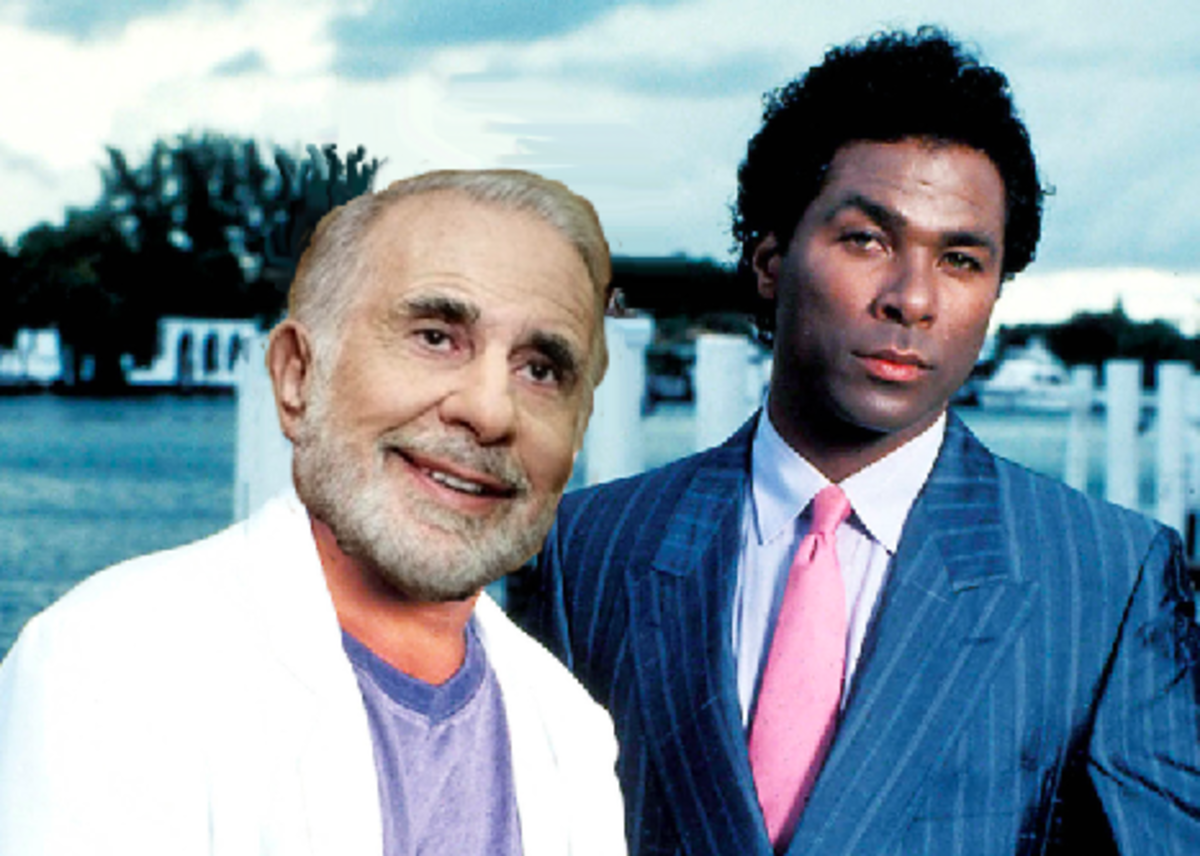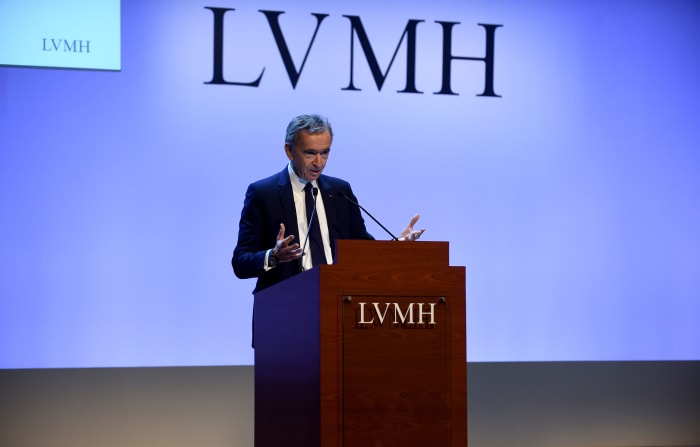There’s a global pandemic and people the world over have been confined to their homes. The economy is crashing, law students are taking classes online from their couches, and lawyers are litigating from their kitchen tables. What better way to lighten the mood than with the release of the latest edition of the U.S News law school rankings?
We certainly hope that law school deans are ready to read their report cards…
Law school deans are saying their last prayers to rankings god guru Bob Morse in the hope that they won’t be ousted from their positions thanks to a few lost spots on the list, while prospective law students are getting ready to send out seat deposits to the law school with the best rank. As for current law students, they’re just waiting to see if the school they’ll graduate from will be considered more or less prestigious than when they first decided to debt-finance their futures based on their alma mater’s rank.
Here’s the official list of the Top 14 law schools in the nation, as ranked by U.S. News & World Report in the year 2020. Changes in rank from this year over last year come to us courtesy of Mike Spivey of the Spivey Consulting Group.
1. Yale University (CT) (0)
2. Stanford University (CA) (0)
3. Harvard University (MA) (0)
4. Columbia University (NY) (+1)
4. University of Chicago (IL) (0)
6. New York University (0)
7. University of Pennsylvania (Carey) (0)
8. University of Virginia (0)
9. Northwestern University (Pritzker) (IL) (+1)
9. University of California–Berkeley (+1)
9. University of Michigan–Ann Arbor (0)
12. Duke University (NC) (-2)
13. Cornell University (NY) (0)
14. Georgetown University (DC) (0)
Columbia is moving on up in the world. Northwestern and Berkeley each moved up by one spot, and Duke suffered because of it. Sorry, Duke.
Now, let’s take a gander at the law schools outside of the T14. Like years past, we’re faced with yet another rankings orgy, with nothing but ties, ties, and more ties. There are four ties in this segment of the rankings alone (one two-way tie, one three-way tie, one four-way tie, and one six-way tie), with more to follow. Here are the schools ranked 15 – 31:
15. University of California–Los Angeles (0)
16. University of Texas–Austin (0)
17. Washington University in St. Louis (MO) (+1)
18. University of Southern California (Gould) (-1)
18. Vanderbilt University (TN) (0)
20. Boston University (MA) (+3)
21. University of Minnesota (-1)
22. University of Notre Dame (IN) (-1)
23. George Washington University (DC) (-1)
24. Arizona State University (O’Connor) (+3)
24. Emory University (GA) (+2)
24. University of Florida (Levin) (+7)
27. Fordham University (NY) (+12)
27. University of California–Irvine (-4)
27. University of Iowa (0)
27. University of North Carolina–Chapel Hill (+7)
31. Boston College (MA) (-4)
31. University of Alabama (-6)
31. University of Georgia (-4)
31. University of Illinois–Urbana-Champaign (+8)
31. Washington and Lee University (VA) (+3)
31. William & Mary Law School (VA) (+8)
The big winners here are Fordham, Illinois, William & Mary, Florida, and UNC, up 12, eight, eight, seven, and seven spots in the rankings, respectively. Congratulations to each school, as they must be doing something right to climb the rankings. The biggest loser in this segment of the rankings is Alabama, with a six-spot drop that booted the school out of the Top 25. Erm… roll Tide?
Now, for the rest of the law schools in the Top 50, where there are three three-way ties and one four-way tie. As you can see, there was A LOT of movement here:
37. Brigham Young University (Clark) (UT) (+2)
38. Indiana University–Bloomington (Maurer) (-4)
38. Ohio State University (Moritz) (-4)
38. University of California–Davis (-7)
38. University of Wisconsin–Madison (-4)
42. George Mason University (VA) (+3)
42. University of Washington (+2)
42. Wake Forest University (NC) (-11)
45. University of Utah (Quinney) (+2)
46. University of Colorado–Boulder (-1)
47. Pepperdine University Caruso (CA) (+4)
47. University of Arizona (Rogers) (-8)
47. University of Maryland (Carey) (+5)
50. Baylor University (TX) (-2)
50. Florida State University (-2)
50. University of Connecticut (+2)
The biggest winners here were Maryland, Pepperdine, and UConn, which moved up five, four, and two places in the 2021 law school rankings, propelling each into the Top 50. The biggest losers here were Wake Forest, Arizona, and UC Davis, with 11-spot, eight-spot, and seven-spot drops, respectively. Whatever those schools are doing, they better shape up, because some have already been shipped out of the Top 30 — with others almost out of the Top 50.
The rest of the rankings are available on the next page.
 Staci Zaretsky is a senior editor at Above the Law, where she’s worked since 2011. She’d love to hear from you, so please feel free to email her with any tips, questions, comments, or critiques. You can follow her on Twitter or connect with her on LinkedIn.
Staci Zaretsky is a senior editor at Above the Law, where she’s worked since 2011. She’d love to hear from you, so please feel free to email her with any tips, questions, comments, or critiques. You can follow her on Twitter or connect with her on LinkedIn.








 Tom Kulik is an Intellectual Property & Information Technology Partner at the Dallas-based law firm of
Tom Kulik is an Intellectual Property & Information Technology Partner at the Dallas-based law firm of 
 Kathryn Rubino is a Senior Editor at Above the Law, and host of
Kathryn Rubino is a Senior Editor at Above the Law, and host of 



